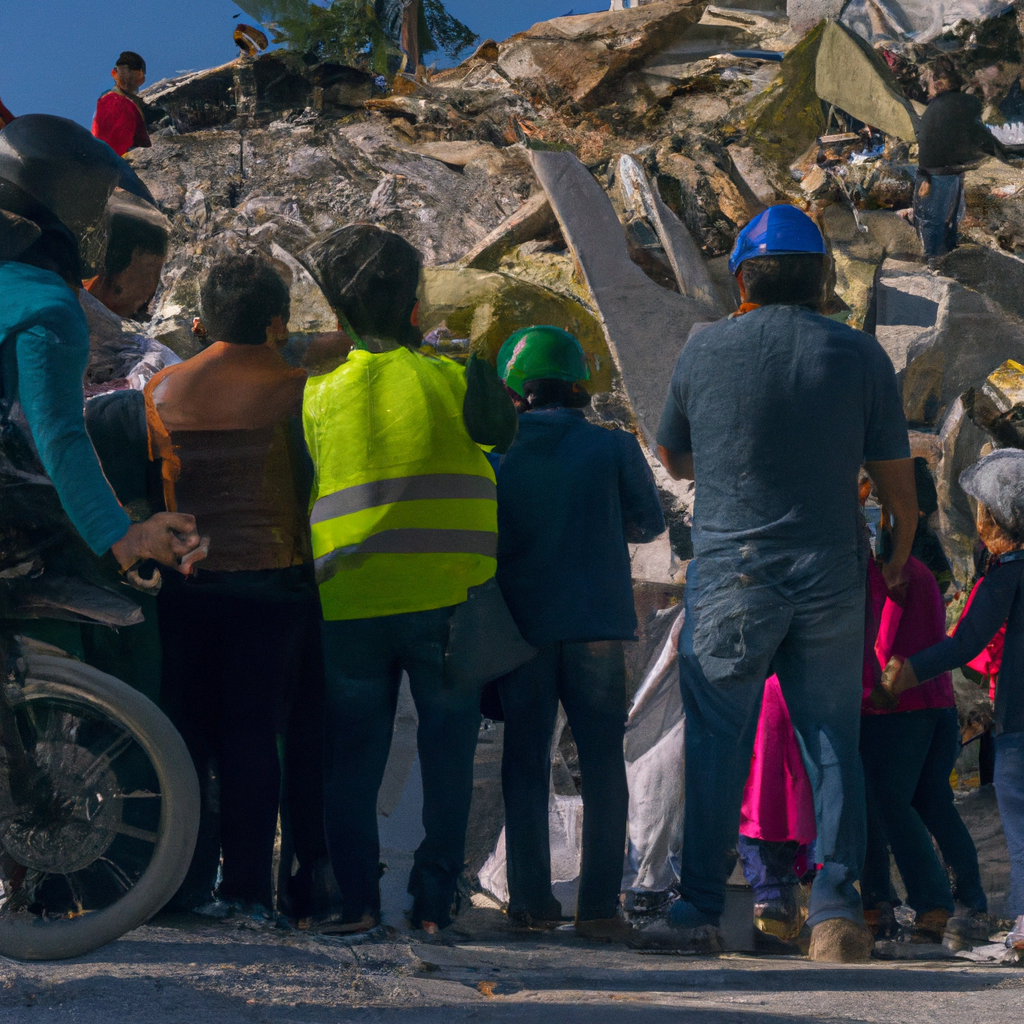The recent seismic event, which is considered the sixth-largest earthquake in recorded history, has prompted significant discussions. To see the global impact of the sixth-largest earthquake, researchers and emergency responders have been assessing the damage, humanitarian needs, and long-term effects on affected regions. This earthquake has not only shaken the ground but also the very fabric of many communities.
Analysts are now working tirelessly to see the global impact of the sixth-largest earthquake on various sectors, including infrastructure, economy, and mental health. The urgency of these evaluations is critical for timely aid and recovery efforts. Many countries are stepping up to provide assistance, showcasing solidarity in the face of natural disasters.
🎯 Immediate Humanitarian Response
In the aftermath of the earthquake, emergency services, along with NGOs, are mobilizing resources to assist those in need. Local governments are working to restore basic services such as water, electricity, and medical care. The scale of the destruction has overwhelmed many regions, making it imperative for international aid to flow swiftly.
Many organizations are on the ground, providing food, shelter, and medical aid. Reports indicate that thousands have been displaced, and urgent support is needed to accommodate them. The humanitarian response is crucial not only for immediate relief but also for long-term recovery.
📊 Economic Implications
The earthquake’s economic repercussions are already beginning to surface. Economists predict that the affected regions will face significant challenges in rebuilding their infrastructure. Businesses are struggling to reopen, and many jobs have been lost.
Insurance claims are expected to soar, impacting the financial stability of many families. Policymakers are urged to consider economic relief packages to support those who have lost their livelihoods. The long-term economic recovery will depend on effective planning and investment.
💡 Mental Health Concerns
In addition to physical destruction, the mental health effects of such disasters are profound. Survivors are grappling with trauma, loss, and uncertainty. Mental health professionals stress the importance of long-term psychological support for affected communities.
Programs aimed at providing mental health resources are essential. Community members need to feel safe to express their grief and fears. Addressing these concerns is crucial for rebuilding and restoring a sense of normalcy.
⚡ Future Preparedness
This earthquake serves as a wake-up call for many regions vulnerable to seismic activity. Experts are advocating for improved building codes and disaster preparedness plans. Investing in infrastructure resilience can significantly reduce the impact of future earthquakes.
Public awareness campaigns are also essential in educating communities about emergency response procedures. A proactive approach can save lives and minimize destruction when disasters strike.
In conclusion, the global impact of the sixth-largest earthquake extends beyond immediate damage. It affects economies, mental health, and future preparedness. As communities begin to heal, it is vital for everyone to contribute to recovery efforts. Share this information with your friends and join the conversation about disaster preparedness and recovery.
Learn more, See details, Tap to explore, Click to view.
